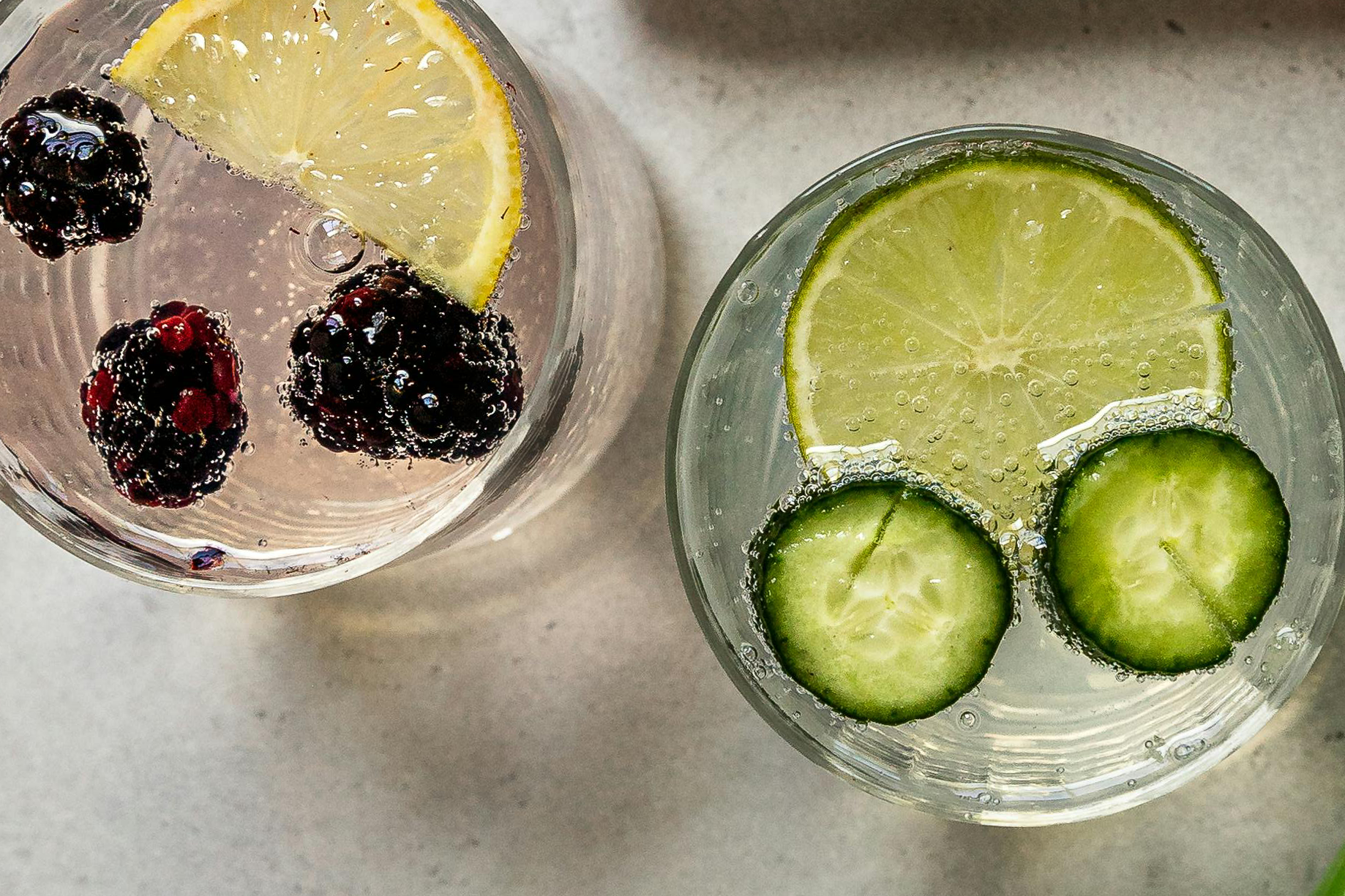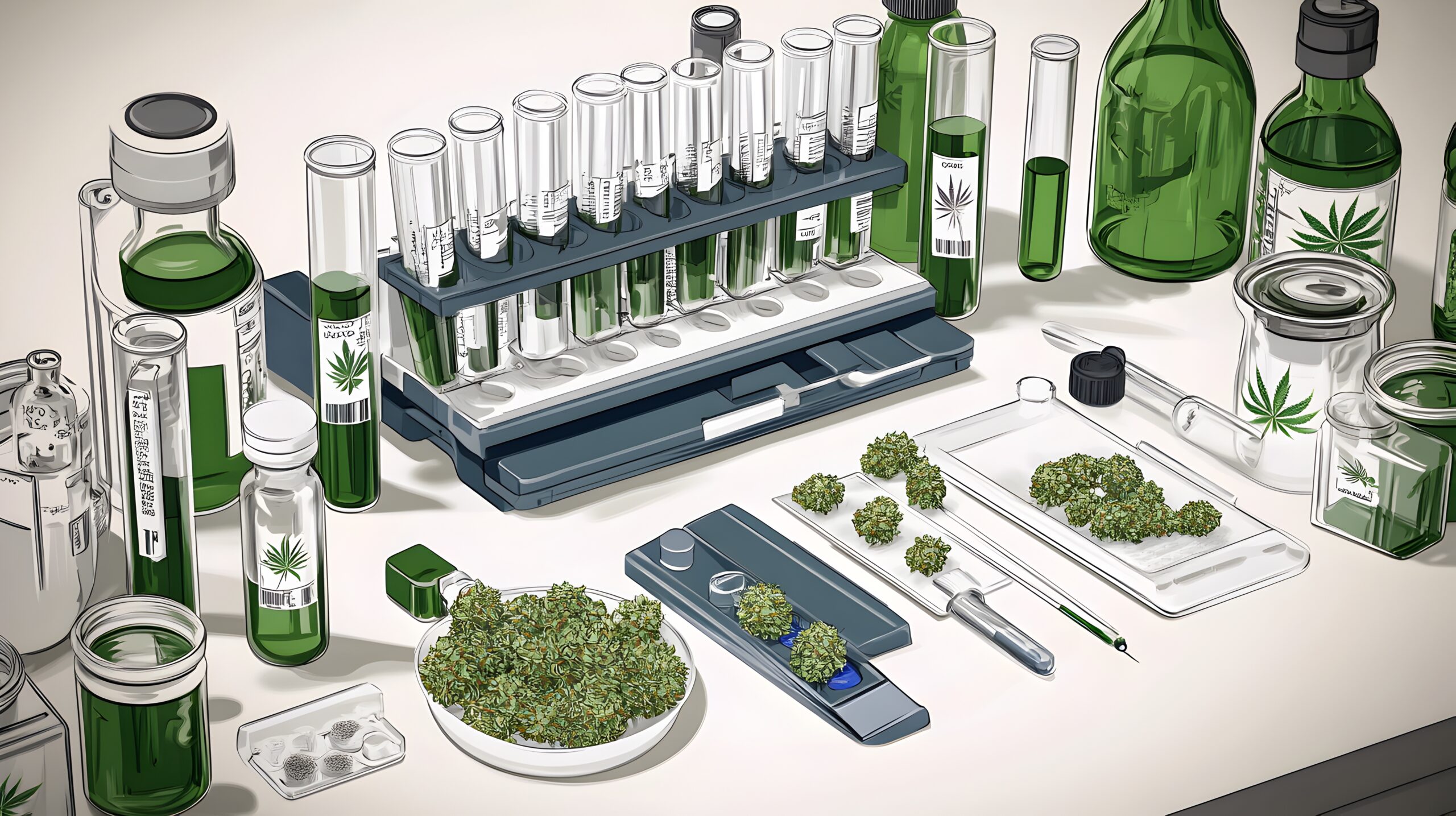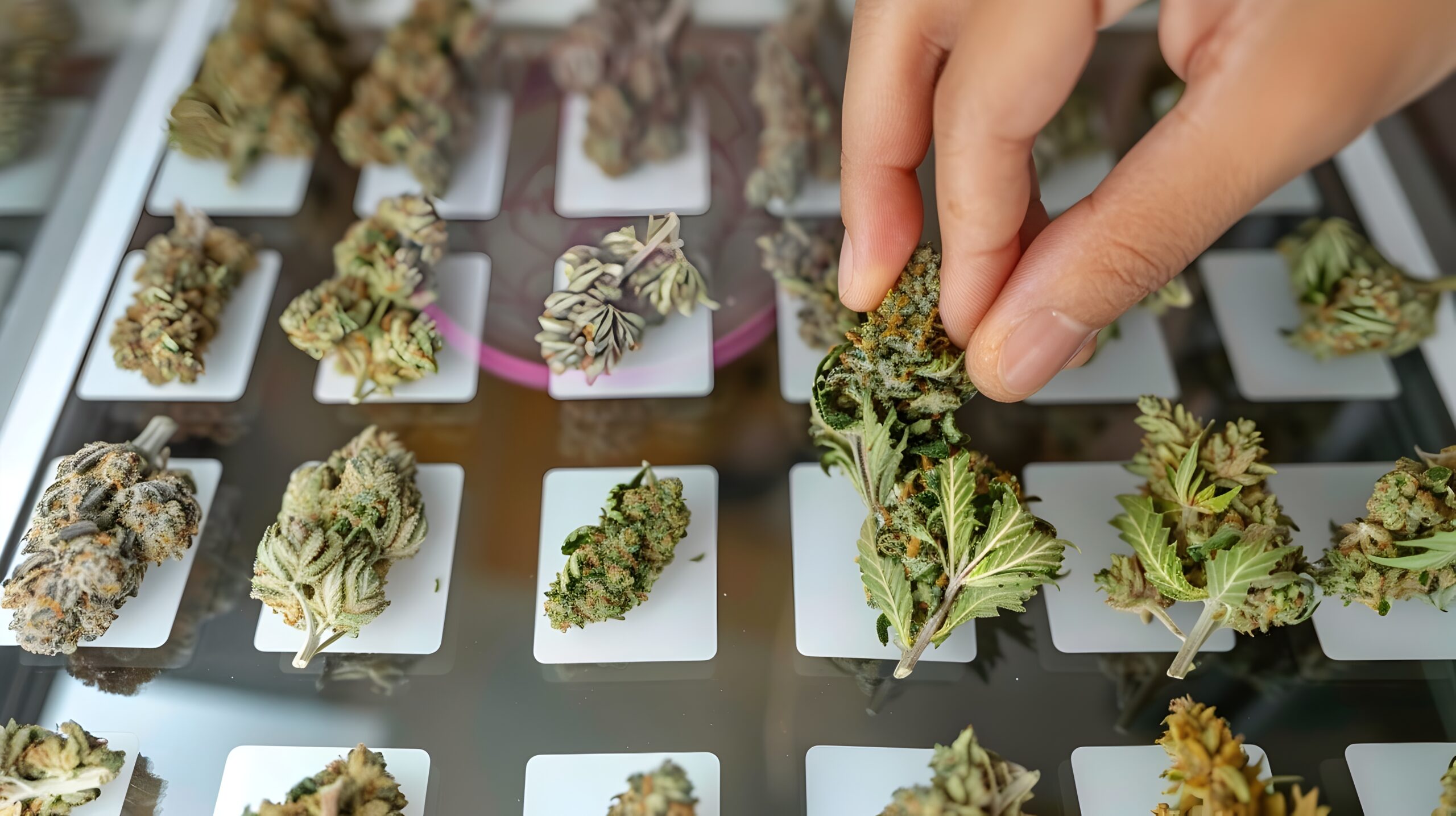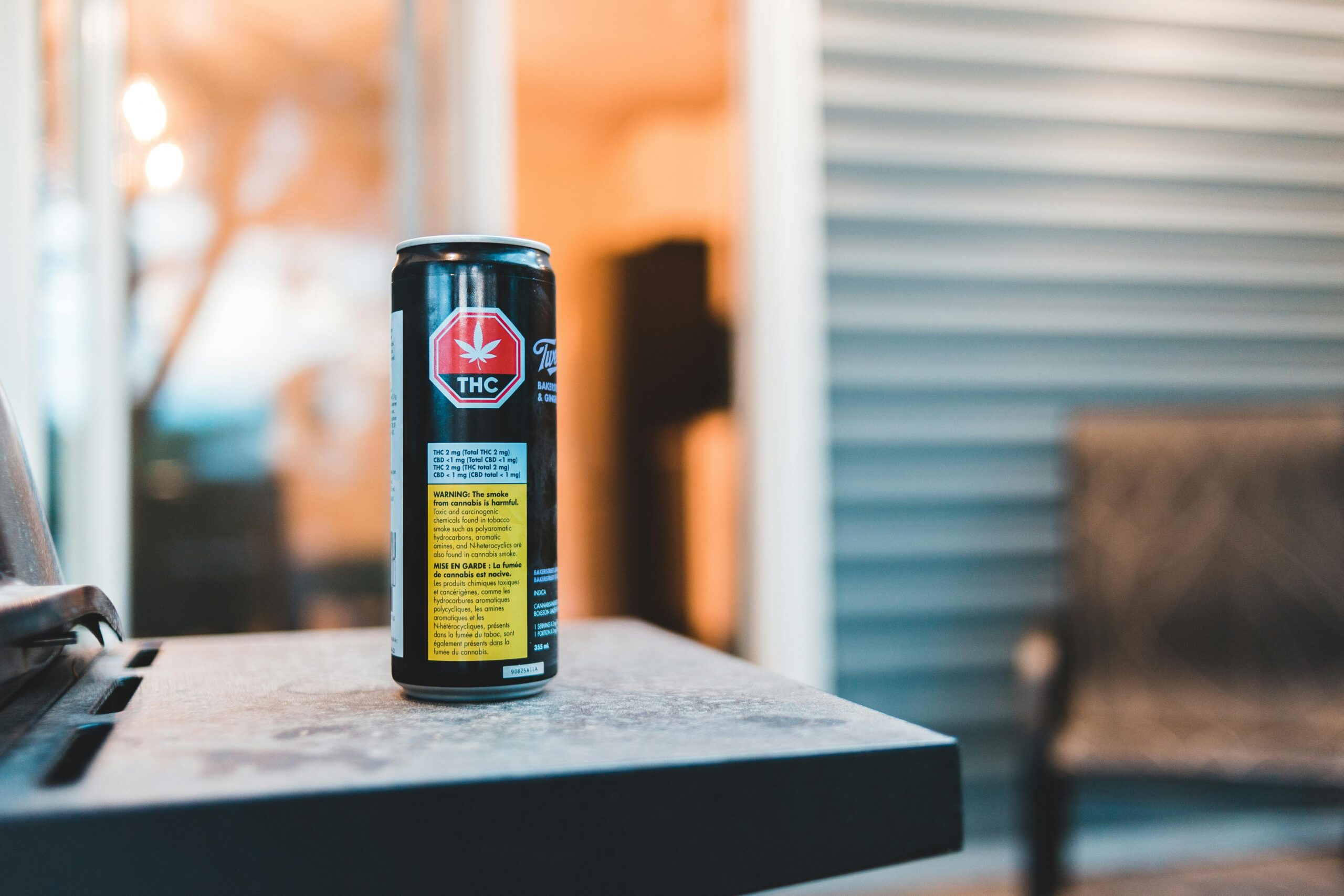When exploring any substance that can alter one’s state of consciousness, a balanced and comprehensive perspective is essential. THC-infused beverages, like any other recreational product, offer a spectrum of potential effects, ranging from the highly desirable to the occasionally unpleasant. The experience is rarely black and white, and it is heavily influenced by factors like dosage, individual tolerance, and the context of consumption. Acknowledging the full range of possibilities—both the potential benefits that draw people in and the possible side effects that warrant caution—is a hallmark of a mature and responsible consumer. This understanding allows one to navigate the world of THC drinks with the wisdom needed to maximize the positives and minimize the negatives.
Potential THC Drinks Benefits
The allure of THC beverages is rooted in their ability to foster a range of enjoyable feelings and experiences that can enhance various aspects of life. When consumed responsibly, they can be a wonderful tool for shifting one’s mood and perspective. The following are some of the potential benefits users may enjoy:
- A Sense of Euphoria and Well-Being: One of the most celebrated effects is the gentle wave of euphoria that can lift one’s spirits. This feeling of lighthearted contentment and optimism can make social gatherings more joyful and moments of solitude more serene.
- Deep Relaxation and Calm: For many, THC drinks are a powerful tool for unwinding. They can help to release physical tension and quiet a racing mind, ushering in a profound state of chilled-out relaxation after a long and demanding day.
- Enhanced Sensory Perception: THC can often make the world feel more vivid. Music may sound richer and more layered, food can taste more delicious and complex, and visual stimuli like art or nature can appear more vibrant and beautiful.
- A Boost in Creativity and Open-Mindedness: For some, the shift in perception provided by THC can help to break down rigid thought patterns. This can lead to a state of creative flow, where new ideas connect more easily, making it a valuable tool for brainstorming or artistic endeavors.
- Increased Sociability and Connection: In social settings, a low-dose THC beverage can act as a wonderful lubricant. It can help lower social inhibitions, making conversations feel more natural and fostering a sense of empathy, shared amusement, and genuine connection among friends.
- A Smoke-Free and Lung-Friendly Option: A significant benefit is the consumption method itself. For individuals who are conscious of their respiratory health, these beverages provide a way to enjoy the effects of THC without any exposure to smoke or vapor.
- Precise and Controlled Dosing: Unlike many traditional cannabis consumption methods, THC drinks offer a precise and clearly labeled dose in every serving. This allows for a highly controlled and predictable experience, which is especially beneficial for new users or those with a low tolerance.
- A Hangover-Free Alternative to Alcohol: A major draw for many consumers is the ability to enjoy a social “buzz” without the negative consequences of a hangover. A night of enjoying THC drinks typically allows you to wake up feeling clear-headed and refreshed.
Possible THC Drinks Side Effects
While THC drinks are designed to be enjoyable, it’s also possible to experience some undesirable side effects, particularly if one consumes too much for their personal tolerance. Being aware of these possibilities is crucial to responsible consumption:
- Feelings of Unease or Paranoia: The most well-known potential side effect of consuming too much THC is a temporary feeling of unease, social discomfort, or worried thoughts. This is highly dose-dependent and can be mitigated by starting with a very low dose in a safe environment.
- Dry Mouth and Eyes: A very common and harmless, albeit annoying, side effect is a feeling of dryness in the mouth and eyes. This is a direct physiological response to THC and can be easily managed by staying well-hydrated with water.
- Impaired Coordination and Motor Skills: THC can temporarily affect balance and reaction time. This is why it is never safe to drive or operate machinery after consuming any THC product, no matter how small the dose.
- Dizziness or Lightheadedness: Some users, especially those new to THC, may experience a temporary feeling of dizziness or lightheadedness, which is often related to a temporary drop in blood pressure. This sensation usually passes quickly with rest.
- Short-Term Memory Lapses: THC can temporarily make it more difficult to form new short-term memories, leading to moments of confusion or forgetting the thread of a conversation. This effect is temporary and subsides as the THC wears off.
What’s the Legality of THC Drinks Here in the United States?
The legal status of THC drinks in the United States is a complex and evolving issue, with a dynamic patchwork of federal and state laws that can be confusing for consumers. The legality of any given THC beverage hinges almost entirely on the source of its THC: is it derived from federally legal hemp, or from state-legal marijuana? The 2018 U.S. Farm Bill created a crucial distinction, federally legalizing hemp and its derivatives as long as they contain no more than 0.3% Delta-9 THC by dry weight. This legislation inadvertently opened the door for a national market of hemp-derived THC products, including a wide array of beverages.
Most of the THC drinks that are available for purchase online or in traditional retail stores across the country are derived from hemp. Clever manufacturers have figured out how to extract THC from hemp and formulate it into beverages that contain a meaningful dose (e.g., 5mg or 10mg) while still adhering to the 0.3% THC concentration limit by total weight of the product. This has permitted a thriving industry to emerge, in turn, making THC drinks accessible in many states where recreational marijuana remains illegal. However, this “hemp loophole” is under constant scrutiny, with ongoing legislative discussions in 2025 that aim to redefine and potentially restrict these products at a federal level.
While hemp-derived drinks enjoy a form of federal legality, the situation is not uniform nationwide. Individual states retain the right to regulate or ban these products, and many have done so, creating a confusing map of where these beverages can be legally sold and consumed. Furthermore, it’s critical to understand that THC drinks derived from marijuana (cannabis containing more than 0.3% THC) are still federally illegal and are only legal for purchase in states that have established their own regulated medical or recreational marijuana programs. These marijuana-derived beverages can only be bought from a state-licensed dispensary by a qualified resident, and it is illegal to transport them across state lines.
When it Comes to Drug Testing, Do THC Drinks Have an Impact on This?
Yes, consuming THC drinks can absolutely cause you to fail a drug test. This is a critical and non-negotiable fact that all consumers must understand, especially those who are subject to workplace, athletic, or legal drug screening. The common misconception that federally legal, hemp-derived THC products will not show up on a drug test is false and can have serious consequences. Standard drug tests are not designed to determine the legal source of the THC you consumed; they are designed only to detect the presence of THC’s metabolites in your system.
When you consume THC from any source—be it a seltzer, a gummy, or traditional cannabis—your body metabolizes it into various compounds. The primary metabolite that drug tests screen for is called “THC-COOH”. This compound is stored in the body’s fat cells and is eliminated slowly over time. If the amount of THC-COOH in your urine or blood sample is above a predetermined cutoff level, you will test positive for cannabis use. Because the THC in a cannabis beverage is chemically identical to the THC from any other source, it produces the exact same metabolites, leading to a positive test result.
The amount of time that THC remains detectable in your system can vary dramatically from person to person and is dependent on a multitude of factors. For a very infrequent user who has a single, low-dose THC drink, the metabolites might be clear from their system in a few days to a week. However, for a regular consumer, THC-COOH can accumulate in the body’s fat reserves and may remain detectable for 30 days or even longer after their last use. Your individual metabolism, body fat percentage, frequency of use, and the dosage you consume all play a significant role in this detection window, making it very difficult to predict with certainty. Therefore, if you are in a position where you absolutely cannot risk a positive drug test, you must abstain from all THC products.
Can THC Drinks Expire?
Like virtually every other consumable-based product on the planet, THC drinks do indeed have an expiration date. This date, which is typically printed on the bottom of the can or bottle as a “Best By” or “Best Before” date, is the manufacturer’s estimate of how long the product will remain at its peak quality. It’s important to understand that for a shelf-stable product like a canned beverage, this date is a guideline for optimal flavor, fizziness, and potency, not a strict safety deadline. The typical shelf life for a well-packaged THC drink is around one year. After this date, the beverage will begin a slow decline. The carbonation may become less vibrant, the flavors may start to fade or change, and most importantly, the THC itself will begin to lose its effectiveness as it naturally degrades over time, a process that is significantly accelerated by exposure to heat and light.


























